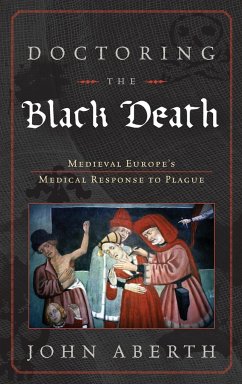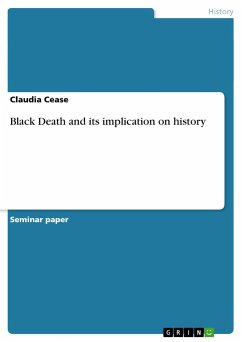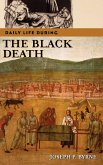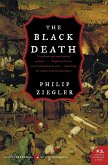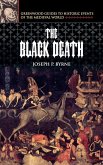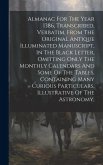Doctoring the Black Death provides the first full history of the medical response to the plague that devastated Europe throughout the later Middle Ages. The Black Death has been called humankind's greatest natural disaster, and the plague has been called the deadliest of all diseases. Thus, John Aberth argues, the Black Death posed one of the greatest challenges the medical profession has ever faced. Drawing on extensive archival research, Aberth has carefully examined the hundreds of plague treatises written in a range of languages from the first outbreak of the Black Death in Europe in 1348-1350 through 1500. He convincingly demonstrates that medieval doctors' response to the plague was by no means static. He includes doctors' vivid personal anecdotes, showing how their battles to combat the disease (which often afflicted them personally), and the scale and scope of the plague led many to question ancient authorities. While medieval doctors were, to a large extent, circumscribed by age-old knowledge and understandings of disease, they did formulate an alternative to the miasmatic explanation of disease causation and the usual curative method of bleeding. Aberth dispels many myths and misconceptions about medicine during the Middle Ages and argues that plague doctors formulated a unique and far-reaching response. Indeed, doctors during the Black Death began to conceive of plague as a poison, a conception that had far-reaching implications, both in terms of medical treatment and social and cultural responses to the disease in society as a whole.
This engrossing book provides a comprehensive history of the medical response to the Black Death. John Aberth has translated plague treatises that illustrate the human dimensions of the horrific scourge, including doctors' personal anecdotes as they desperately struggled to understand a deadly new disease.
Hinweis: Dieser Artikel kann nur an eine deutsche Lieferadresse ausgeliefert werden.
This engrossing book provides a comprehensive history of the medical response to the Black Death. John Aberth has translated plague treatises that illustrate the human dimensions of the horrific scourge, including doctors' personal anecdotes as they desperately struggled to understand a deadly new disease.
Hinweis: Dieser Artikel kann nur an eine deutsche Lieferadresse ausgeliefert werden.

